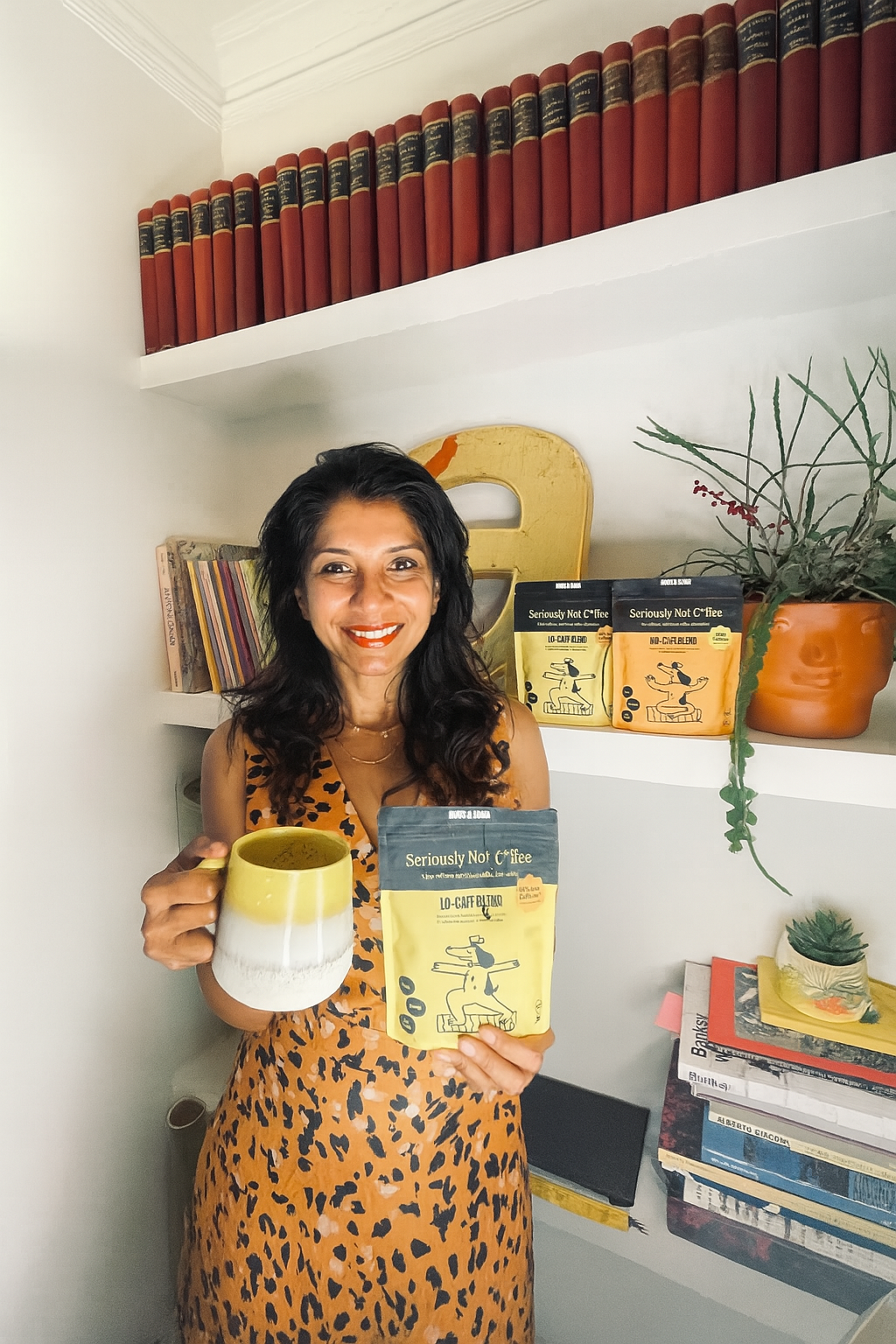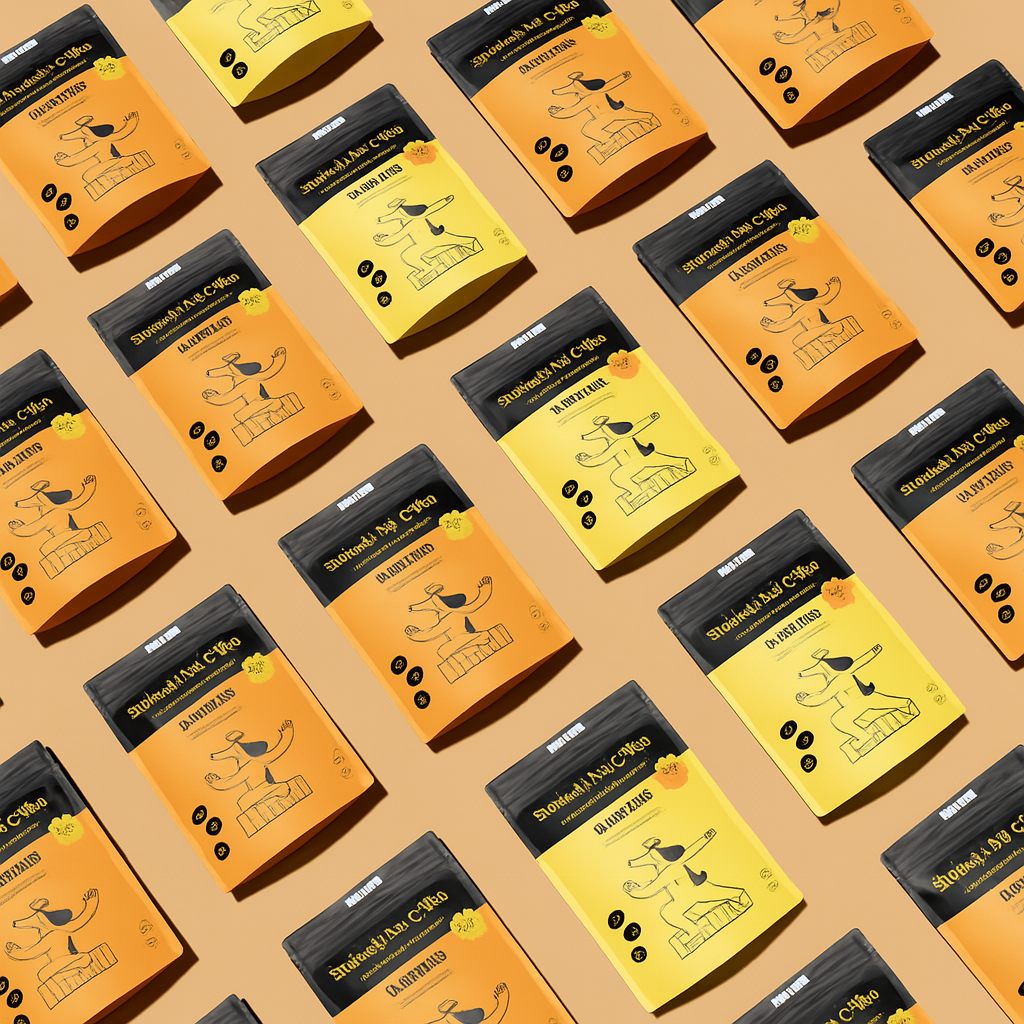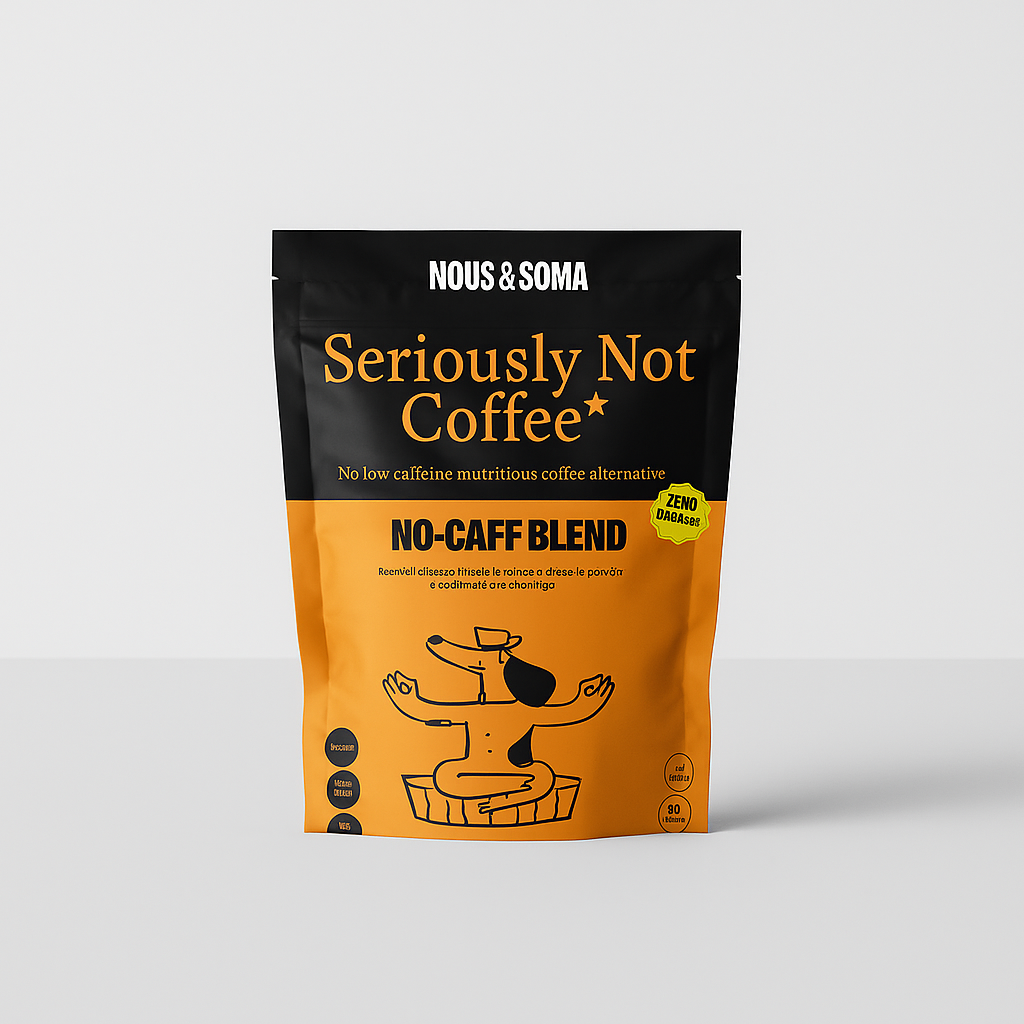There’s a quiet kind of exhaustion that builds over time—the kind that doesn’t announce itself with alarm bells, but with small withdrawals. Focus blurs. Sleep gets lighter. The rituals meant to energize—coffee in the morning, a drink at night—begin to feel like they’re taking more than they give.
Most people press on, assuming this is just part of life. It’s only when something breaks that the invitation to change becomes loud enough to hear. For Anu, it was thyroid cancer, adrenal burnout, and a mental breakdown that disrupted her fast-paced marketing career and reshaped how she thought about health. That deeply personal reckoning ultimately led her to co-found Nous and Soma, a wellness beverage startup aiming to offer a nourishing alternative to coffee. The brand launched in March 2025 and is still in its earliest stages, with product refinements and go-to-market strategies in active development. But what makes Anu’s story compelling now is her clear-eyed decision to pause, adjust, and question the standard growth path—opting not to scale too quickly, but to get it right.
“We’ve realized we need to lift every screw and really think about what’s working.”
Nous and Soma’s core product is a functional beverage made with prebiotic fibers and herbs like chicory root and dandelion—ingredients chosen for their links to gut health, adrenal recovery, and hormonal regulation. “It was never just about a coffee alternative,” Anu said. “It’s about offering a joyful, easy, ritualistic way to nourish the body from within.” The brand offers two variations: a completely caffeine-free version and a low-caf blend that includes premium coffee, intentionally avoiding the common instant-and-mushroom mix seen elsewhere in the category.
Despite early praise for taste and packaging, Anu and her co-founder quickly encountered a larger challenge: behavior change. “We underestimated how deeply coffee is embedded in people’s lives,” she admitted. While many consumers express interest in health, switching habits proved difficult. The team spent its first three months not just testing product-market fit but also revisiting its assumptions about who the ideal customer is. From ADHD to anxiety to gut issues, several distinct profiles emerged—but reaching them cost-effectively was another matter. “With our budget, we couldn’t go head-to-head with the mushroom coffees and matcha brands on Meta,” she said. “So we had to rethink.”
.png)



%20(1).jpg)
.jpg)
.jpg)
%20(1).jpg)


.png)